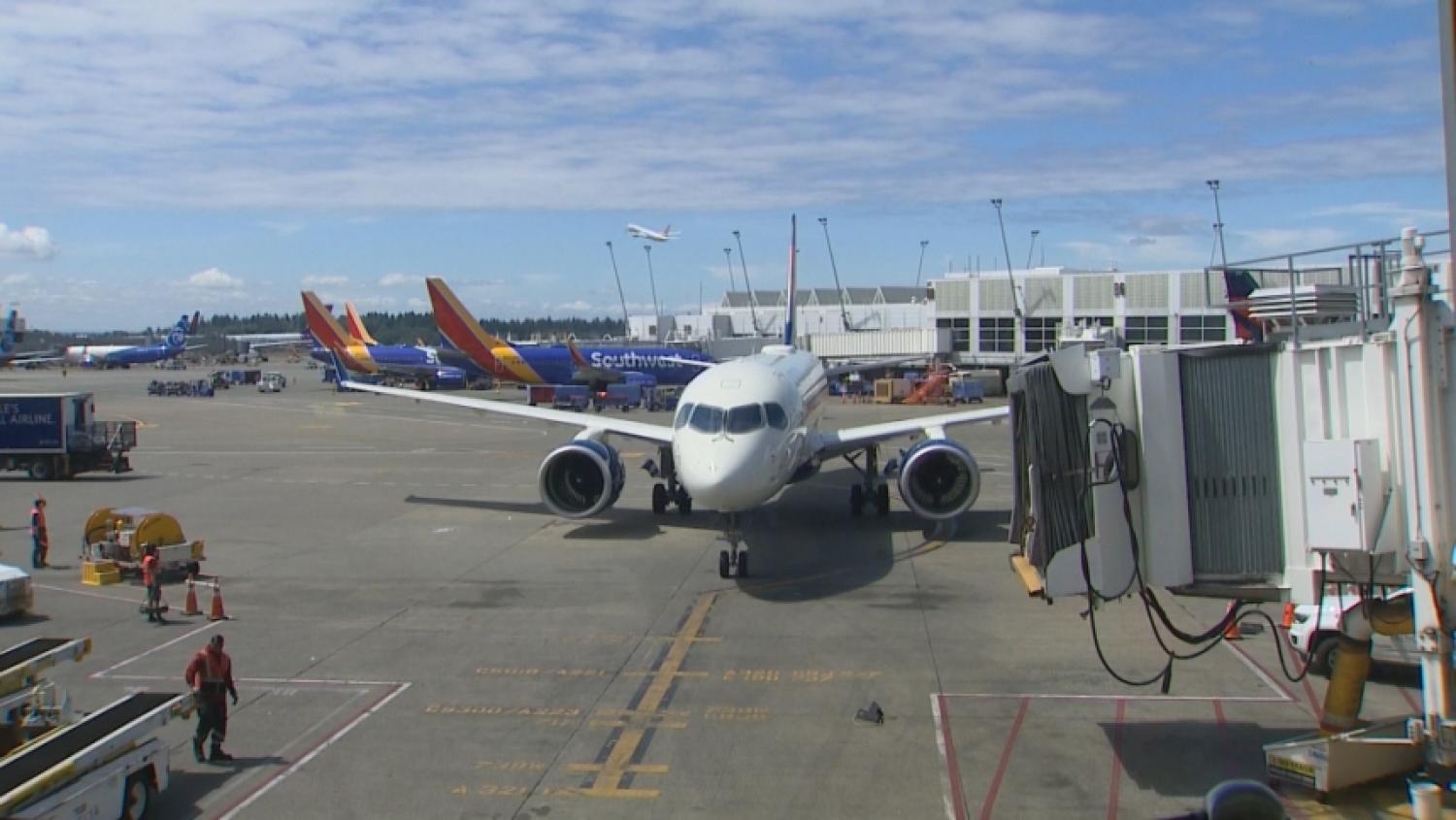State officials are providing support for local health districts to help mitigate the spread of COVID-19 through grants that can be used for COVID-19 testing, contact tracing, community outreach and more.
Gov. Ned Lamont said the state has approved the first 21 local health districts and departments that will receive a portion of $20 million in funding the state was allocated as part of the U.S. Centers for Disease Control and Prevention Epidemiology and Laboratory Capacity Cooperative Agreement.
The funds will be distributed to each local health district and department over the course of three years:
- Year one: May 19, 2020 to May 17, 2021
- Year two: May 18, 2021 to May 17, 2022
- Year three: May 18, 2022 to Nov. 17, 2022
All of Connecticut’s 65 local health districts and departments will receive a portion of the $20 million -- based on per-capita and poverty levels for each jurisdiction, according to the governor's office. The first 21 health districts that have been approved include:
- Bridgeport – Year one: $510,243; Total: $1,275,606
- Brookfield – Year one: $26,348; Total: $65,870
- Cromwell – Year one: $22,513; Total: $56,283
- Durham – Year one: $11,786; Total: $29,466
- East Hartford – Year one: $136,449; Total: $341,123
- Eastern Highlands Health District – Year one: $153,795; Total: $384,489
- Glastonbury – Year one: $53,815; Total: $134,538
- Guilford – Year one: $34,550; Total: $86,376
- Ledge Light Health District – Year one: $344,683; Total: $861,707
- Manchester – Year one: $127,278; Total: $318,196
- Meriden – Year one: $145,939; Total: $364,847
- New Britain – Year one: $258,350; Total: $645,876
- New Canaan – Year one: $29,530; Total: $73,825
- Orange – Year one: $21,059; Total: $52,647
- Pomperaug Health District – Year one: $70,176; Total: $175,441
- Ridgefield – Year one: $33,326; Total: $83,314
- Somers – Year one: $14,483; Total: $36,208
- Uncas Health District – Year one: $223,845; Total: $559,611
- Waterbury – Year one: $403,187; Total: $1,007,967
- West Hartford-Bloomfield Health District – Year one: $162,458; Total: $406,145
- Windsor – Year one: $42,486; Total: $106,214
Health District Reacts to Funding
Over the next two and a half years, Manchester will receive over $318,000 in grant money. In year one, Manchester will receive $127. It's money they say it will spend creatively.
Manchester Health Director Jeffrey Catlett says it will hire up to four people: two contact tracers, a public health nurse and a health equity coordinator to address health disparities and inequalities in the community.
“A few months back, the town declared racism a public health crisis and we felt we really needed to address that head on,” said Catlett.
In addition, contact tracing will become a full-time position in town. Catlett says one positive case could generate 20 contacts. Previously, Manchester was using volunteers to track this in what is a time-consuming process.
“I think that’s needed because contact tracing is the labor intensive work that really pays off in the long run,” said Manchester resident Paul McNamara.
State Rep. Jason Rojas represents Manchester. He is also the COVID-19 coordinator at Trinity College where he says they have 10 contact tracers, far more than Manchester.
“To know that the city of Manchester has one, two, trying to get to three or four speaks volumes to the need,” said Rojas.
Manchester says more money will also allow for increased community testing. Residents approve.
“It makes me think we are taking this thing serious,” said Nancy Mateo. “This is nothing to play about.”
COVID-19 Metrics Trending Up
The announcement comes a day after the state's COVID-19 positivity rate increased to 3 percent for the first time since June, meaning 3 percent of the COVID-19 tests done in the state were coming back positive.
State officials said the spread has been coming from small social gatherings.
More Coverage of Coronavirus
The state was a COVID-19 hot spot early in the pandemic and the governor issued several executive orders that closed many businesses in an effort to get the pandemic under control. The state is now in the third stage of reopening.
Lamont was at Charter Oak Park Pavilion in Manchester for a news conference at 11:30 a.m. and he was joined by Gifford as well as other state and local officials.
The governor's office said the deadline to apply for funding was Oct. 16, but any health district that hasn’t applied is encouraged to reach out to the Connecticut Department of Public Health and file their application as soon as possible. Inquiries should be directed to LHDELCinbox@ct.gov



